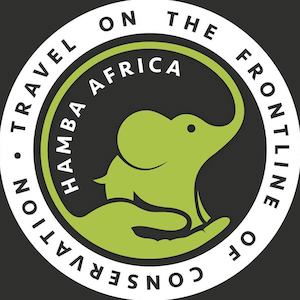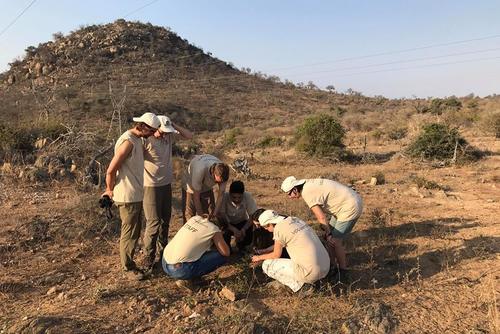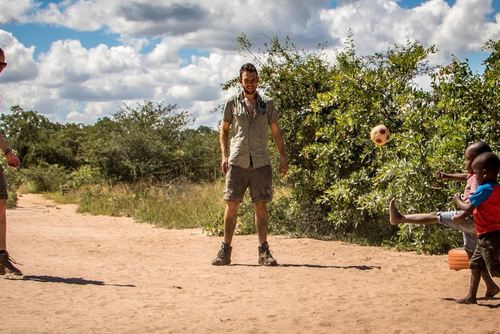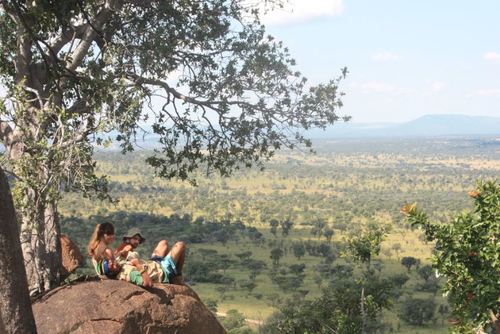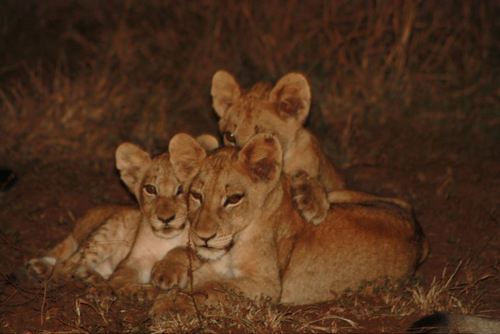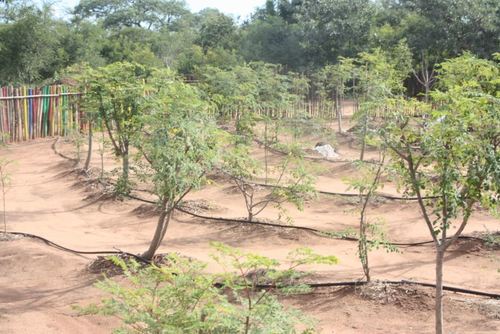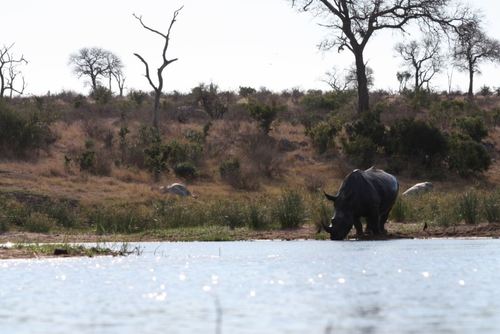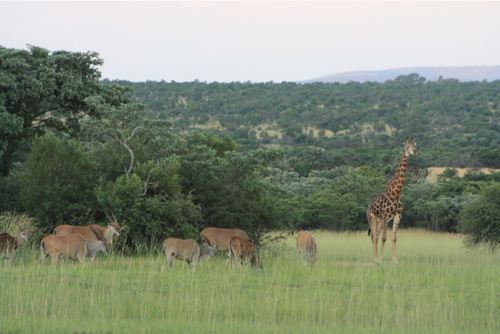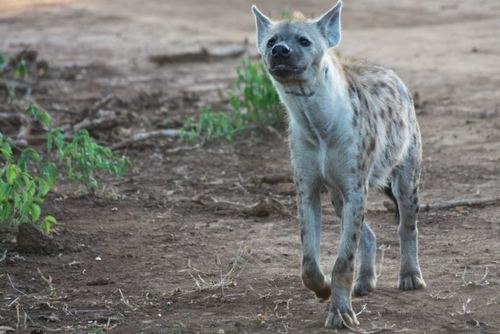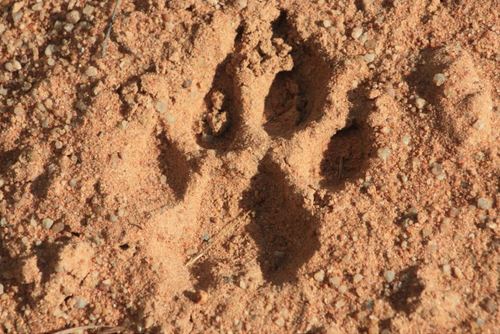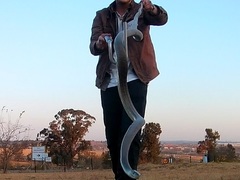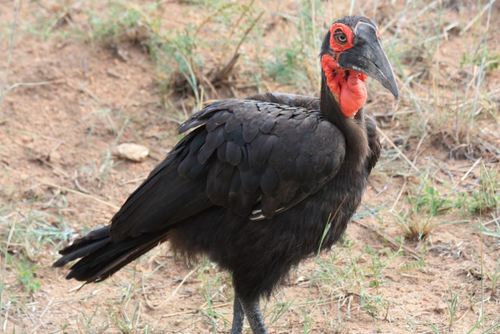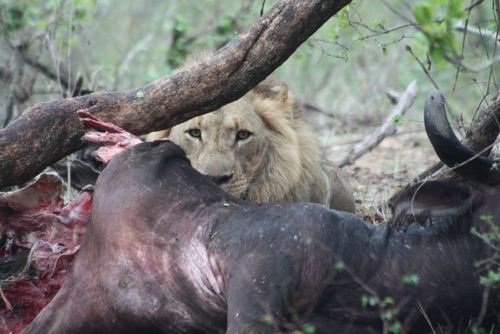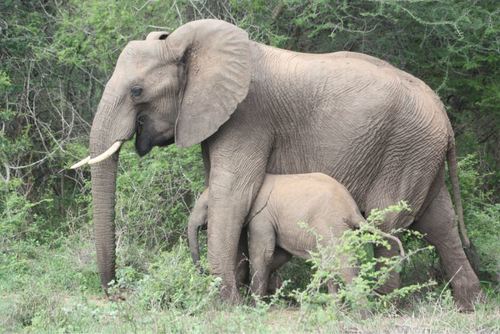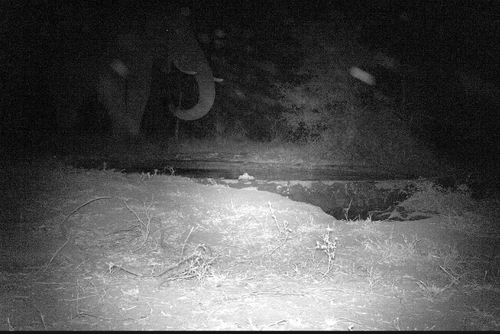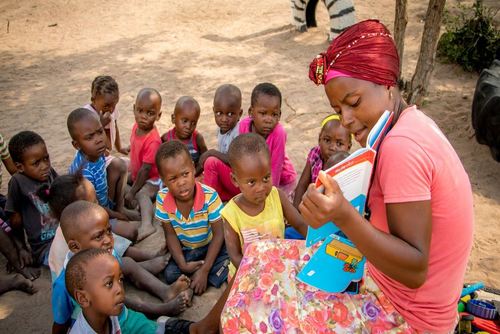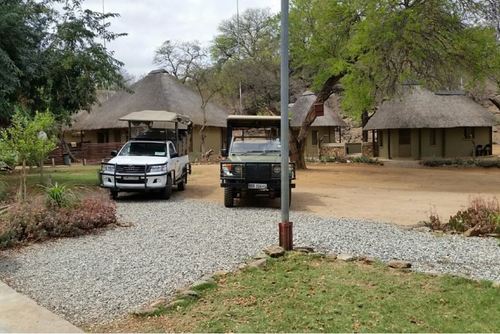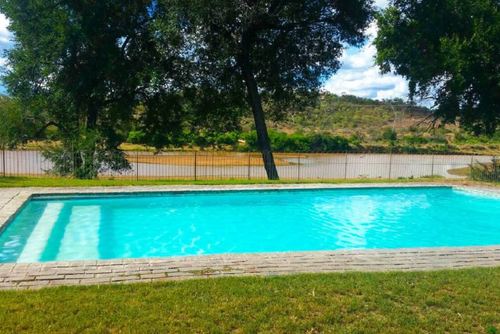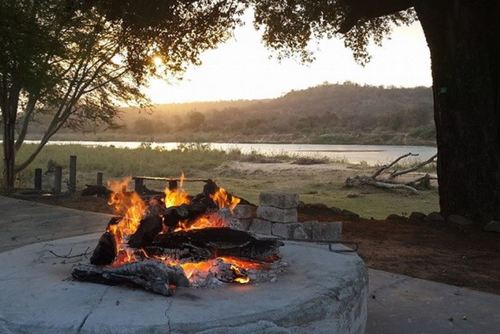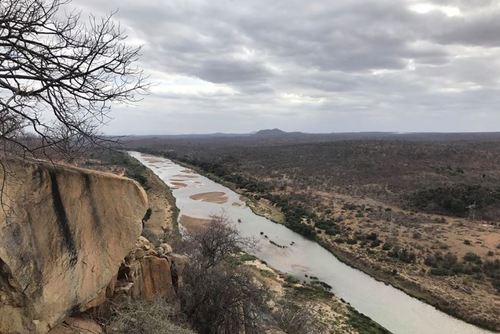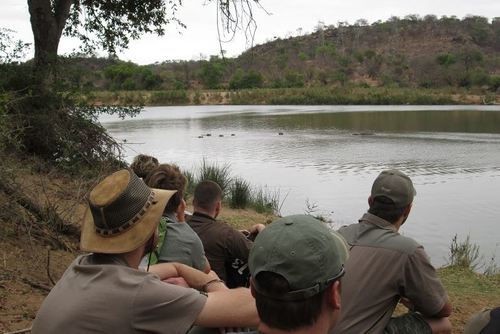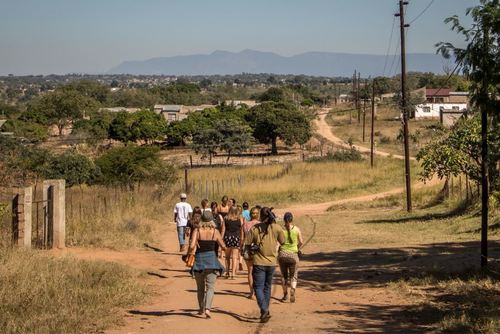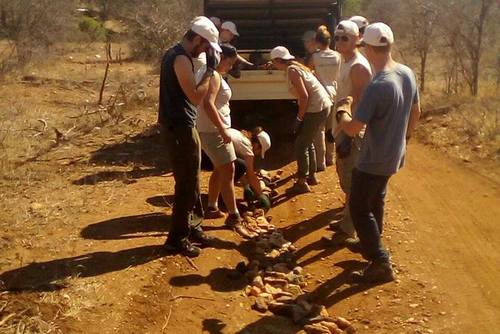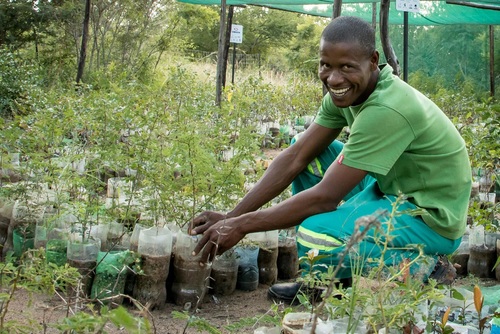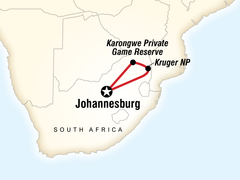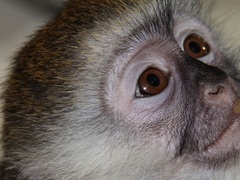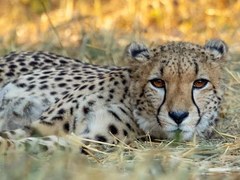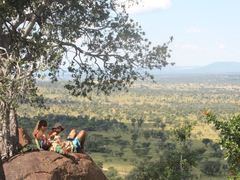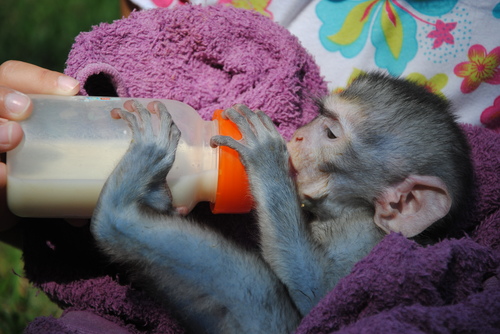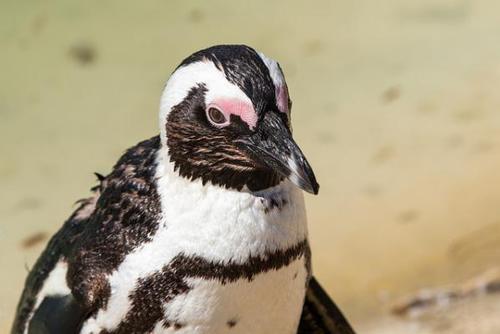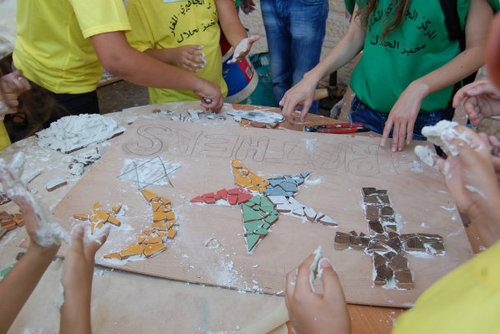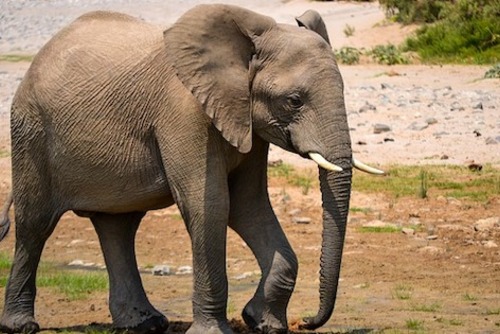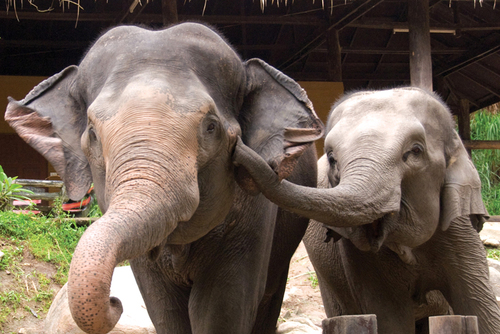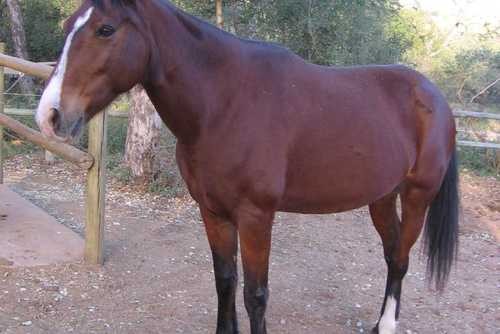4 Weeks wildlife volunteer working on over 12 conservation projects in the greater Kruger National park (South Africa).
Perfect for anyone wanting to volunteer and make a real difference with Africa's wildlife, gain new transferable skills relating to ecology and conservation or even as part of a gap year or adventure travel experience!
You’ll be living on a big 5 reserve which is part of the world renowned greater Kruger National park. Play a crucial role with our conservation projects and explore South Africa.
The Projects
- White rhino behavioural research
- Anti-poaching patrols
- Catching, Ringing and releasing birds
- Camera trap surveys
- Small mammal humane trapping and surveying
- Wildlife handling and presenting at local communities
- Wildlife rehabilitation and rural vet work
- Invasive species removal
- Tree surveying
- Local community socio-economic engagement
- Sustainable agriculture development
- Tracking wildlife
- Reserve management and upkeep
- Your own projects and more
What's Included
- Airport transfers to and from the reserve
- Accommodation during your stay
- Transportation in south Africa
- Guides/tour leaders are included for all confirmed excursions and group activities
- Food and drink – (excludes any personal extras and weekend town trips)
- Entry to sites
- All itinerary/activity equipment is provided
- Wi-fi Access
- Over 12 projects and other activities
- Meet and greet event in the UK
- Fellow volunteer contact list will be sent out prior to departure
- 24-hour emergency onsite support
- TTA member so 100% financial security
What's Not Included
- Flights (Or other transportation to the meeting point)
- Travel insurance
- Visa's
- Vaccinations needed for travel
- Any optional activities
Itinerary
Conservation focus: Day 1 - 14
You'll be collected from the meeting point, Hoedspruit airport - East gate and taken back to the reserve. Staying at a bush camp in the heart of the African wilderness, on the banks of Oliphant’s river teeming with wildlife, you'll be taking part in important conservation work throughout the reserve and the surrounding area.
During conservation work the days often start early at 6am and finish around 5pm. This is a must as animals are most active during dawn and dusk, ensuring you get the best sightings and data when conducting surveys, ringing birds and beating the midday heat on bush walks and drives.
As the work itself is so rewarding and fun, you'll quickly get into the routine.
Assisting Local Conservation Groups: Day 15 – 21 (For 4 week wildlife volunteer package)
You'll spend time visiting and working closely with groups, charities, organisations and experts that work throughout the surrounding area. Helping them with their own conservation projects, this is a chance for you to gain additional experience and knowledge in other aspects of conservation work.
Groups:
Rehabilitation Centres - Help rehabilitate, provide behavioural enrichment, health check and work with potentially orphaned or injured animals at ever shapes and sizes. You'll also get a behind the scene tour of the rehabilitation centre to go over some of the more in-depth veterinary science and practices that goes into running a wildlife rehabilitation centre.
Assist Rural Vets - This is extremely diverse work depending on the animal in questions and their needs and could mean anything from responding to emergency call outs with wild animals or routine vaccinations or medical treatments or perhaps filling down the horn of a rhino to deter poaching.
Wildlife centres - Visit endangered breeding centres to gain further understanding with how endangered animals like cheetah are being captive bred for re-introduction into the wild.
Rural Community Development - Work with local rural community development charities that we partner with, help with the variety of projects the run to provide more a sustainable future for the communities living along side wildlife and helping to break the poverty cycle. Sustainable agriculture projects, building and constructing new facilities, teaching and working with children and more.
Wildlife Presenting - working with wildlife centres and the rural communities, you'll assist with giving presentations and demonstrations as you handle wildlife animals and showcase them to the local communities, helping bridge the gap between nature and man and fostering the next wildlife warriors.
Conservation Focus: Day 21 - 28
During the final week of your stay once again you'll be working on the various conservation project we at Hamba Africa run both independently or in conjunction with local groups and experts. This final week will give you a chance to learn as much as possible, get those last photos of favourite animals and make a few final memories with now good friends.
Farewell Dinner & Departure: Day 27 & Day 28
During your final night with us, after your last day of activities there will be a farewell dinner full complete with speeches, toasts and perhaps the odd tear. Your guides will take you back to Hoedspruit airport for you to make your way home or perhaps to your next destination safely, bidding you the fondest of farewells.
Optional Days:
During your time with us, we've set aside an optional day during week 2 and week 4. These days give you and the group a chance to do anything your most excited about in the area, how you spend these days is up to you and the group!
This could mean a group fishing trip, visiting a local craft centre or having an extra game drive or go at your favourite conservation project. Its entirely flexible! Talk to your guides during your stay to organise these as well as ask their advice on what’s going on in the area.
Please note: During optional days, costs for external activities not provided by Hamba Africa aren’t included in your placement cost.
Weekends:
Town trip: Saturday
On Saturday you and the group, together with your guides will go into the nearby town of Hoedspruit to stock up and resupply. You'll be able to get most international brands you expect to see from the super markets there for toiletries, snacks and any other goodies you cant live without.
You'll also get a chance to stop off at a cafe and to connect to Wi-Fi. There’s also plenty of arts and craft shops, souvenirs and other items you might want to take back with you. Please note: personal items from shops or cafes are not included in your placement
Rest Day: Sunday
Sunday you'll have a chance to relax and take it easy. Going over photos, socializing, chatting about activities you've just taken part in or ones coming up.
Sundays also the day the guides and ecologists go over a majority of the data you've collected together.
Although we don’t force anyone to help out with this, those who are interested in learning how they input, collate or manipulate this data your guides are more than happy for you to you watch, help and potentially learn yourselves.
Sleeping and Eating
Camp itself is on the banks of Oliphant river. Not only does this make for a picturesque location but it also means you'll get to watch all the various animals as they come down to drink.
Camp Amenities:
We've got a pool which is perfect for hotter summer months. Fire pits which are key social areas for evening BBQ's (Braais as their locally know) and a great place to relax and swap stories.
There’s also many view and sitting platforms to socialize, read, plan activities and generally watch wildlife. There’s even an onsite bar which the reserve keeps stocked and you're able to purchase drinks from (non-alcoholic)
Accommodation:
You'll be staying in same-sex, shared dorm rooms, each room sleeping between 4-8 people with shared bathrooms. The rooms have cupboard space, fans for hotter days and power points to keep cameras well charged!
Typical Meals:
Breakfast:
Cereals, toast, yogurt, fruit are the typical morning breakfast with the occasional fry up for big, calorie intensive days.
Lunch:
Depending what activities are planned, it could mean a bite and go in the form of sandwiches or toasties or with more free time burgers, pies, pasta dishes and hearty salads.
Dinner:
South African food is wholesome and nutritious, you can expect to eat a lot of casseroles, stews (potjies), BBQ's with side salads and curries.
Food
We cater to vegetarians, vegans, pescatarians and halal however we require a minimum 2 weeks notice to stock any dietary requirements due to the rural nature of the camp.
Requirements:
The language of instruction is English, as such anyone wishing to attend must be about to converse in English.
Due to the outdoor activities included we require anyone joining us to have a moderate level of fitness needed for long walks some manual labour.
Anyone joining us must be above the age of 18 and have full travel insurance, medical and vaccination checks required by their country of origins law as well as visa and immigration requirements.
Hamba Africa attracts a diverse array of international guests and works with various cultures and communities throughout the area. If you are joining us, we hope you have an open mind ready to meet new experiences and peoples.
Requirements
In order to join us on one of our packages you'll need:
- To be above 18
- Have valid travel insurance
- Booked return flights (or other transportation)
- The relevant travel and Immigration documents
- The relevant medical checks and vaccinations
These are your personal responsibility and proof that all requirements are met must be sent ahead of your arrival to take part.
Start Dates
Year round.

